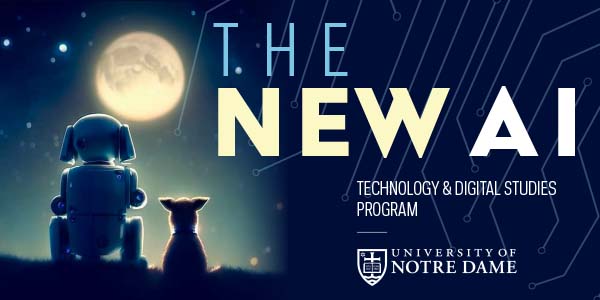Laurie Patton’s journey has always been a bit unorthodox. How does someone who started out as a Sanskrit scholar, studying texts from 1500 BCE, end up running a major non-profit like a university?
“I’ve always been drawn to the obscure, the interesting things that people haven’t thought about for years, whether that be language or history or culture,” said Patton, “But I’ve also been drawn to the transformative power of being in the public square.” It was these dual interests that led Patton on a path from working as a professor of religion translating the Bhagavad Gita to now serving as the 17th president of Middlebury College.
Patton’s unconventional journey has also formed the vision that she has for her students, both the graduate students she’s mentored and her current undergraduates at Middlebury. “When I train my graduate students, I ask what is your question? What is the one question you’ll never know the answer to and you’ll never get tired of asking?” said Patton. “I also ask this of a lot of undergrads, and it’s a great way of getting people to name a purpose, name their intellectual purpose and their purpose in life.”
But asking students to find their question and their purpose is not the same as simply encouraging them to find their passion. Instead, it is an invitation to be formed, as Patton was, in the midst of the public square.
“What I say to our undergrads is I’m not going to tell any of you to follow your passion. What I am going to say to you is find a problem, find a need, and fix your passion to it. I think this is so much better in terms of creating meaning and purpose, because the world needs you.”
It is this focus on finding a question, on finding how the world needs you, that is foundational to Patton’s approach at Middlebury. Not only does this lead to students better understanding their place in the world, but it ultimately makes them happier in the long run as well. In the competitive culture of the Northeast, where questions of ambition and reputation always loom large, having a greater purpose can lead to a contentment that goes beyond what can be provided by the typical status-seeking.
“If you’re all about the work and not the role then you’re going to be happy,” said Patton. “If you stay with the work and try not to focus on the role quite so much and the trappings of the role, the status of the role, you’re going to be a lot happier.”







